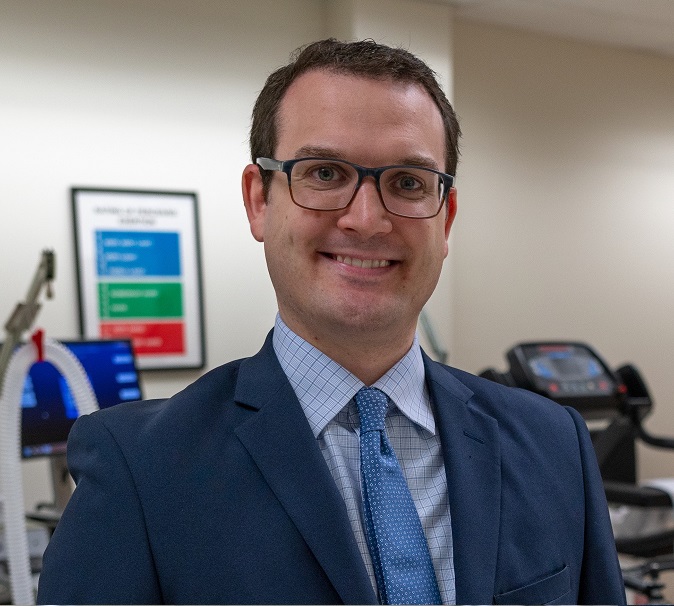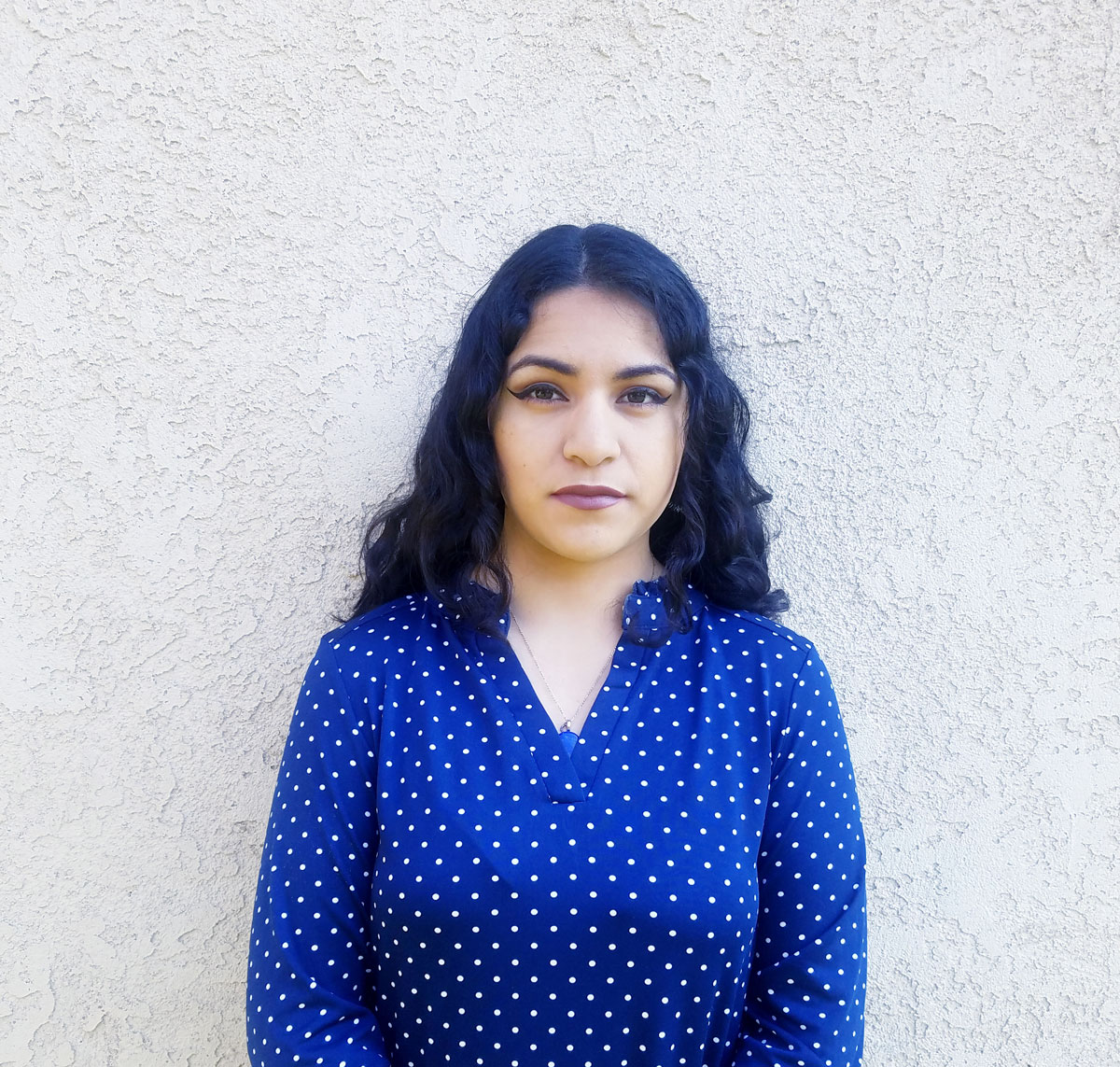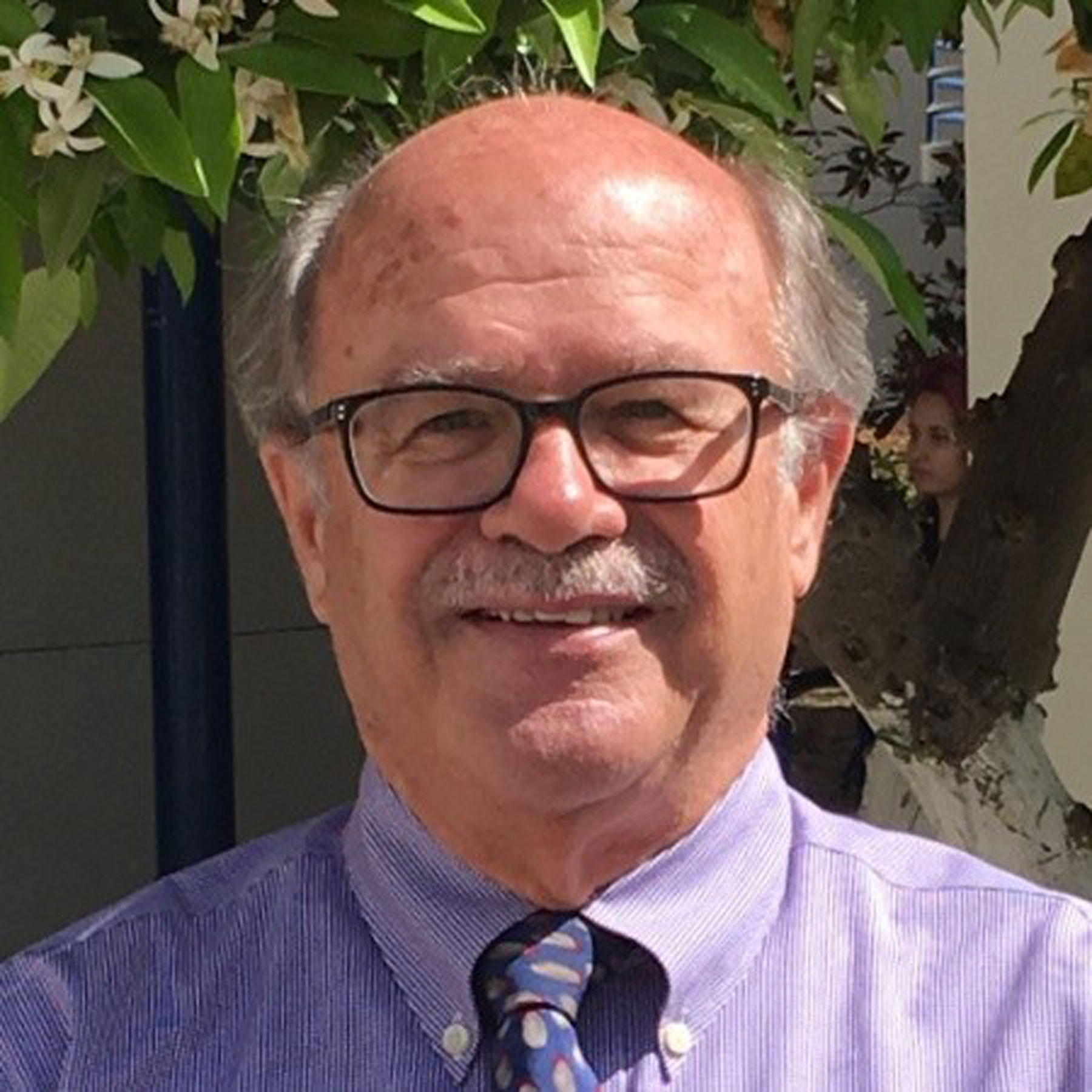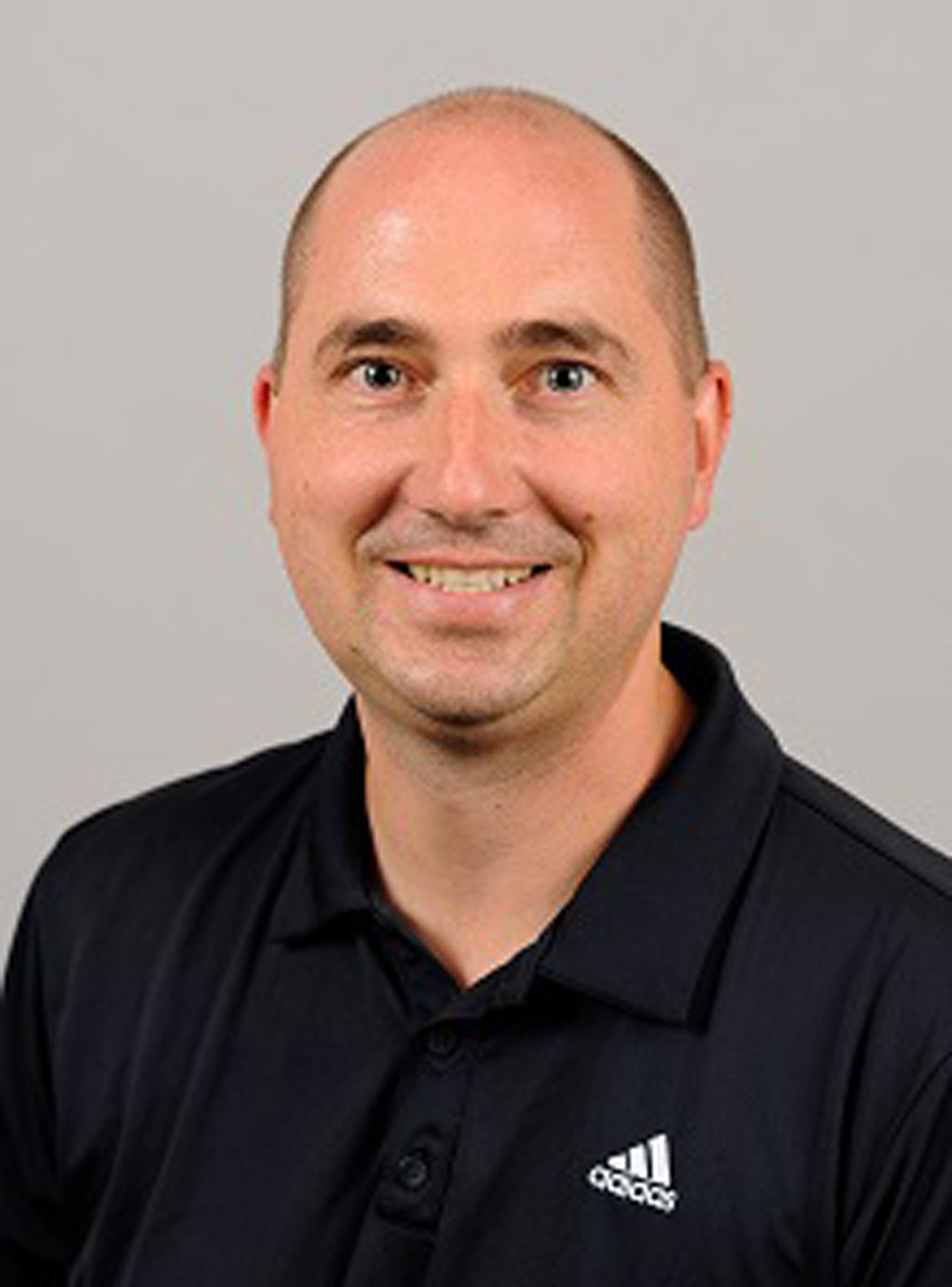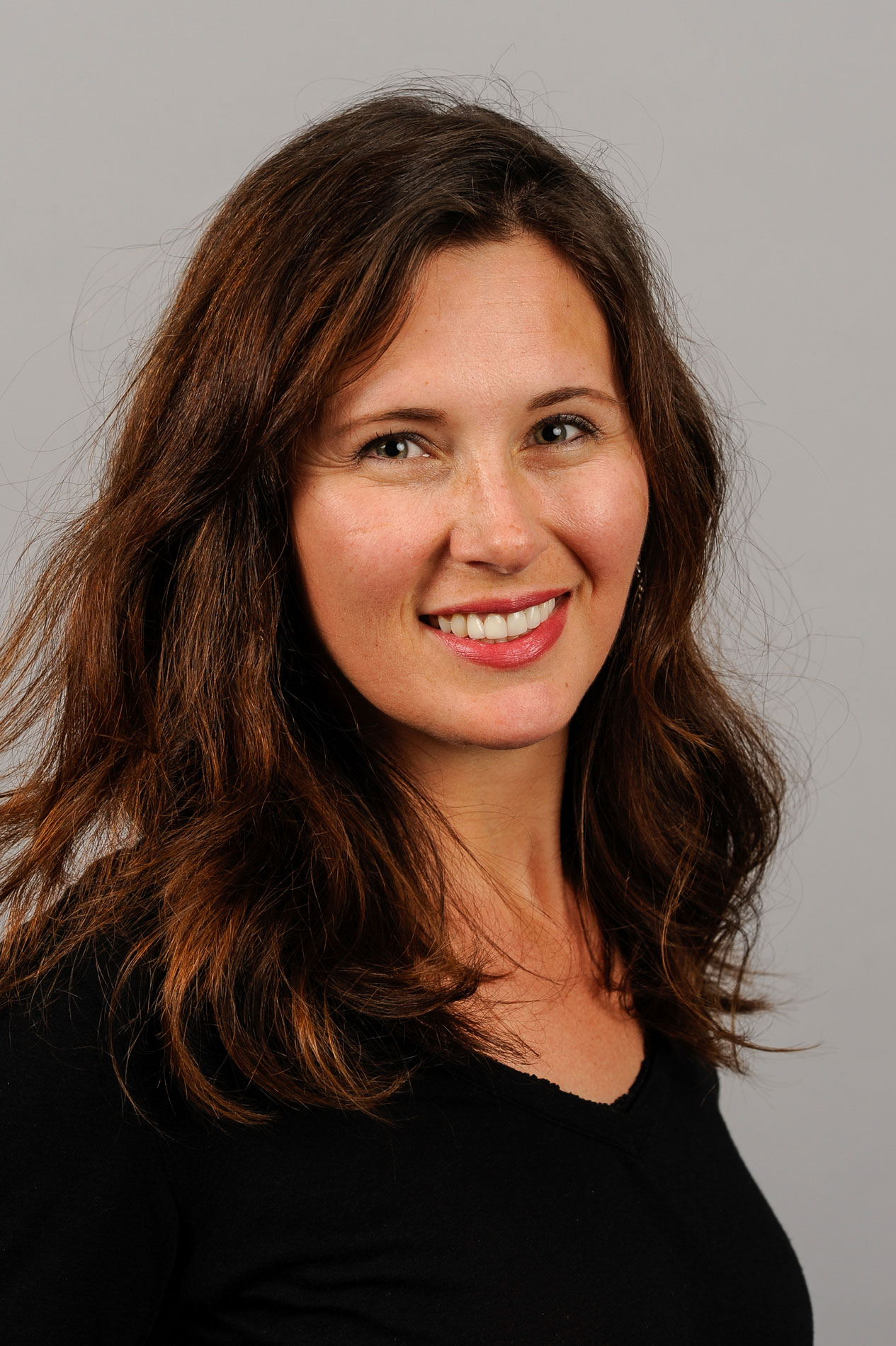January 25, 2021
BY CSU BAKERSFIELD
Goals
The primary goal the proposed project is to:
- Provide 8 employment opportunities to CSUB students
- Develop a research program and experiential learning opportunities at CSUB
- Provide opportunities for a student-faculty mentoring
- Establish a series of virtual research workshops hosted by the Center of Economic Education and Research (CEER) at CSUB
Kinesiology
Predictors of Attitudes Toward and Enjoyment of Exercise Settings
Dr. Zack Zenko (Advisor) and Natasha Vinluan (Student)
Although the benefits of regular exercise are well-known, large segments of the population are insufficiently active. Group exercise represents an exercise option that appeals to many. However, social distancing and stay-at-home orders related to the COVID-19 pandemic have reduced opportunities for group exercise. This project will explore the utility of asynchronous and synchronous group exercise classes that are performed remotely. Specific outcomes will include motivationally relevant variables such as attitudes toward and enjoyment of group exercise classes, as well as intentions to continue. Further, this project will explore individual predictors of enjoyment of and adherence to at-home group exercise classes.
Political Science
Evaluating the Use & Implications of Judicial Officers’ Self-Check on Gender Bias:
A Case Study of California State Judges
Dr. Jeanine Kraybill (Advisor) and Denise Gonzalez (Student)
Despite the increase of female jurists over the last several decades, men still occupy the majority of seats on the bench. Scholars have analyzed if there is a difference between how male and female judges adjudicate, concentrating on case outcomes. Less attention is paid to if male and female judges vary in how they approach implicit gender bias. Using Gilligan’s (1982) theory on the different voice (which examines how male and females reason through ethical dilemmas), and an original survey of California judicial officers conducted in 2019 and 2020, this piece analyzes if female judges are more likely to take into account their own bias when adjudicating cases compared to their male counterparts. We use both qualitative and quantitative analysis in order to assess differences between male and female judges. Moreover, this multivariate analysis also evaluates if gender effects persist when controlling for judges’ race, years of legal service, judicial appointment type, and primary area of practice. As states such as California move to pass legislation instructing the court system and legal professionals to undergo bias training, this project tackles the timely and important question of how the gender of jurists affects self-reporting of implicit bias and its potential impact on the state court system.
Economics
Sales Tax Revenue Forecasting Project
Dr. Mark Evans (Advisor) and Edgar Martinez Garcia (Student)
Revenue forecasts are central to effective budgeting, operations management, and strategic planning. While forecast accuracy is valued, it is especially difficult – and important -- to achieve during unique periods such as the COVID-19 Pandemic. In this study, we build a quarterly sales tax revenue forecasting model for the city of Shafter. A Holt-Winters exponential smoothing model will be used to decompose sales tax revenue into trend, cycle, seasonal, and random components. Damping parameters for trend, cycle, and seasonality will be based on goodness-of-fit. Historical periods within the sample with relatively large forecasting errors will be investigated to: (1) identify external events that may have caused the relatively large forecasting errors, (2) identify the magnitude of ad hoc parameter adjustments that would have normalized the forecasting error. and (3) utilize these findings to guide ad hoc parameter adjustments designed to incorporate the effects of anticipated unique events into future forecasts. A two-year quarterly forecast will be prepared.
Psychology
Using Cognitive Science to Better Understand Student Memory Retention
Dr. Kyle Susa (Advisor) and Jason Hensley (Student)
Testing is one of the most empirically supported methods for improving long-term memory. Commonly known as the testing effect, or retrieval practice, this body of research demonstrates that people who are tested on to-be-learned information remember that information better than people who restudy or complete a control task. Counterintuitively, research also indicates that test difficulty can be detrimental to a persons' memory retention when people retrieve the wrong answer during the initial test. Fortunately, research indicates that corrective feedback can strengthen memory retrieval when correct answers are retrieved while also providing a mechanism for overriding the perils of the incorrect retrieval. The purpose of the present study is to investigate the cognitive mechanisms of micro-delayed feedback that drive both the enhancement and detrimental effects delayed feedback can have on memory retention. We predict that the longer the feedback is delayed the more it will allow for active anticipatory processing and subsequently increased memory retention. While this is meant to be a controlled experimental study to investigate cognitive processes, it could lead to practical implications for how feedback is delivered in a class using automated learning management systems.
Modern Languages and Literatures
"Everybody knows a Maria, Jesus, Carlos, or Jose": A socio-onomastic analysis of the Twitter hashtag #mexicanpeoplenames
Dr. Maryann Parada (Advisor) and Lupita Ledesma (Student)
This project examines perceptions of the names of Mexican background individuals in the U.S. We look to computer-mediated communications (CMC) as a methodological expansion in folk onomastics research, which to date has mostly relied on questionnaires and interviews. We employ Ainiala's (2016) binary of metalanguage 1 (talk about names and name traits) and metalanguage 2 (talk about name use and name users). Drawing on data from the Twitter hashtag #mexicanpeoplenames, we will analyze the onomastic features, stereotypes, and stances presented across approximately 1,235 tweets. This analysis considers the perceptions of Hispanic names and naming practices displayed in the tweets, and the implications of such for the (re-)production of stereotypes. Better understanding name-based perceptions and attitudes toward Latinxs can inform decisions regarding their appropriate representation in the media, linguistic rights, and the role of names in intercultural communication. More broadly, we wish to promote the study of names within sociolinguistics, as well as contribute interdisciplinary perspectives as we integrate theory and methods from socio-onomastics, sociolinguistics, media studies, and psychology.
Physics and Engineering
Recycling Major Municipal Solid Waste Streams in a Novel Ceramic Material
Dr. Zhongzhe Liu (Advisor) and Juan Ramirez (Student)
Municipal solid waste (MSW) streams are generated from domestic, commercial, and construction activities. Recent estimates suggest that the MSW generation globally exceeds 2 billion tons per year. The amount of MSW generated continues to increase every year while the percentage being recycled, repurposed and composted remains low. There are many studies and applications regarding using wastes for reinforced construction material synthesis, however, all the previous work was focused on conventional materials such as cementitious building materials. Reusing MSW streams as an aggregate for novel construction material synthesis such as chemically bonded phosphate ceramic (CBPC) has never been investigated. Plastic, glass, wood, and metal wastes are four major MSW streams that totally occupy almost 35% of MSW generation by material in the United States. The overarching goal of this research project is to investigate the feasibility of using these four waste streams as an aggregate in the CBPC system for sustainable waste management. This project has four supporting objectives: 1) Determine the optimal waste aggregate in CBPC in terms of compressive strength; 2) Study the effect of curing time and temperature on the MSW-added CBPC material; 3) Characterize advanced properties of the optimal MSW-added CBPC material, and 4) Assess possible applications of MSW-added CBPC material.
Criminal Justice
Re-Assessing the Impact of ShotSpotter Technology on Gun Violence in Bakersfield, California
Dr. Zachary Hays (Advisor) and Lupe Colin (Student)
Using advanced acoustic technology, ShotSpotter accurately identifies precise gunshot locations and alerts law enforcement within seconds. While previous studies observed mixed results as to its effects on reducing gun violence, previous and recent local evaluations recognize the system's ability to reduce police response times. Such improvements can often be a deciding factor in saving lives, collecting evidence, and making communities safer. This research will collect and explore additional data to assess a potential lagged effect of the technology on levels of gun violence in order to better frame the non-significant results observed by the most recent local ShotSpotter evaluation (2017-2019).
CSUB-Wonderful Research Workshop
On Friday 2/13/20, CEER hosted a workshop where students presented their research proposals. This workshop was attended by faculty mentors along with representatives from the Wonderful Company.
